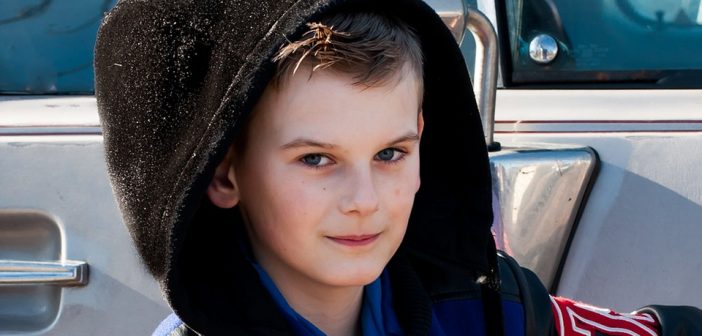There isn’t much that is more irritating than a disrespectful child. We’re talking about answering back, name calling, or ignoring instructions – or just generally going out of their way to challenge your authority.
When we see other people’s children disrespecting their parents or others, it’s so easy to judge and think about how we’d handle the situation. But when our own children start to show signs of disrespect, it can be infuriating – and so easy to overreact or handle it badly.
These 5 tips will help you keep it together and teach your child that being disrespectful is not okay.
Be prepared
Knowing that some rudeness – especially during adolescence – is perfectly normal can help you to prepare yourself for what is to come. Whether it has started to occur in your house or you’re just planning ahead, take some time now to think about how you will deal with those situations when they arise. What will the consequences be? Know where your limits are and be prepared to tell your child when they have crossed the line.
Don’t take it personally
The tip is possibly the hardest! When your child tells you you’re the worst mum in the world, how do you not personalise that? But the fact is, their behaviour isn’t about you; it’s about them pulling away from you and becoming their own individual person.
So if they speak to you in a way that is unacceptable, simply tell them you won’t be spoken to like that and walk away. If their behaviour warrants a punishment, tell them the consequences without getting into an argument about it. Remember, you’re not trying to be their friend, you’re trying to be a good mum.
If they are upset with you for a while, you can comfort yourself by knowing you’re showing them the value of fostering positive relationships and dealing with the consequences to their actions. And remember to talk to them when they have calmed down about your limits and consequences so they know where they stand.
Do not engage in arguments
You have made the rules, and it’s important you stick with them without being dragged into heated arguments. If your child is disrespectful, there will be consequences. Once they understand that, you can only lose ground by engaging in a debate with them when they are upset.
Of course, if they want to have a calm conversation about the rules you have set, it’s okay to be open to that, and to explain why you have set those boundaries, but don’t let your child push your buttons in the heat of the moment.
Stick with it
Once you’ve started down this road, it’s crucial you stick with it and ensure your child knows you won’t be budging. There can be tough moments – especially in the beginning – but once your child realises you won’t be moved on this issue, they will become much less resistant to your rules. And know you are teaching your child skills that will help them get along in the world much more effectively.
Model good behaviour
If you’re asking your child to treat you with respect, it’s important that you model that behaviour in your interactions. Not only do you need to treat your child with respect, but you need to show them respectful interactions in your everyday life. Show them how an adult can move through the world, treating everyone they meet with respect.
Your goal with all of this is to raise a young adult who can eventually live without you and know how to function on their own. Learning how to be respectful is much easier to learn as a child than it is as an adult. It may take some work on your part to get them there, but it will all be worth it.

